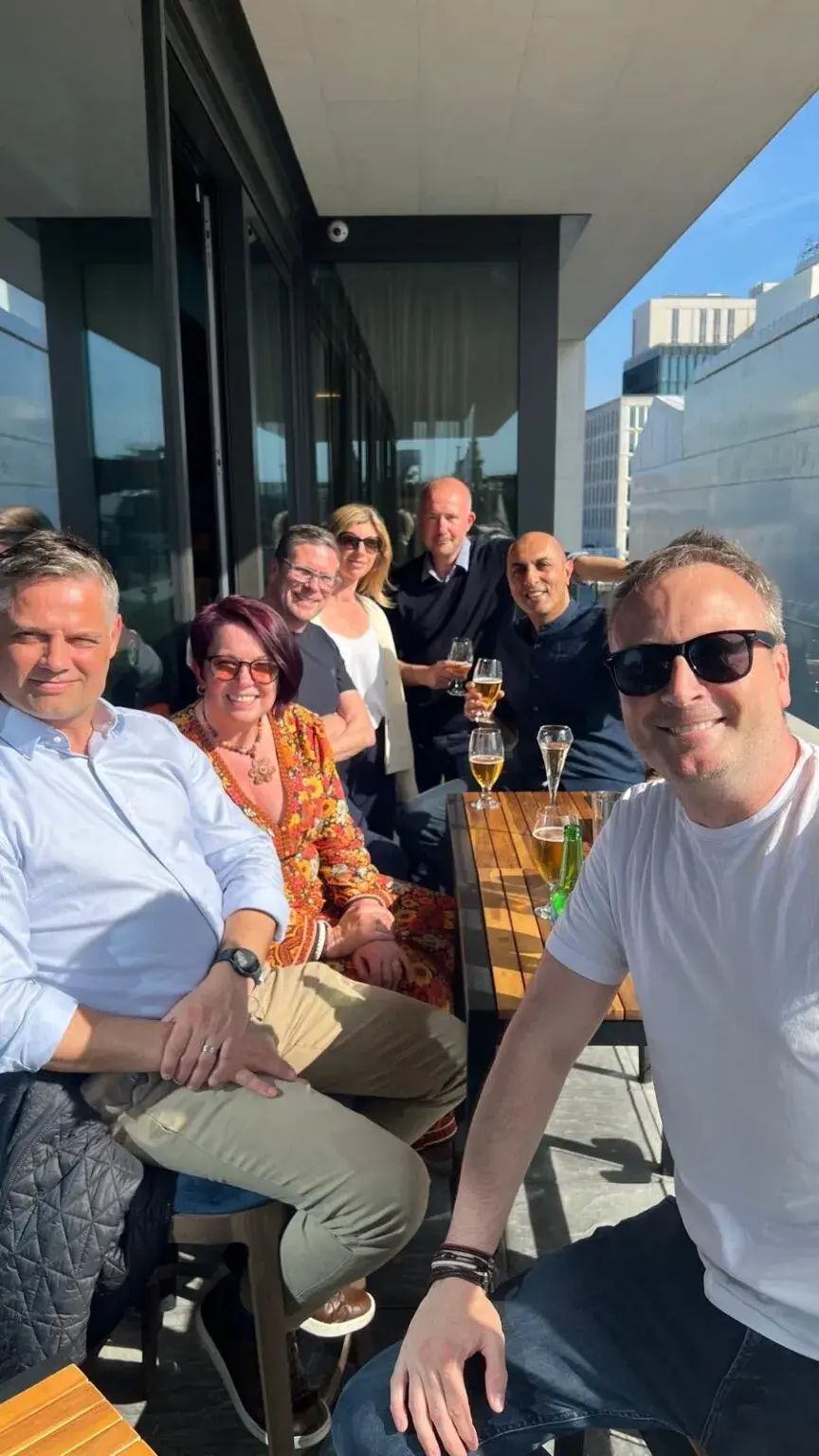Managing Generational Divides: Leading Gen Y & Z In The Modern Workplace


Managing Generational Divides: Leading Gen Y & Z In The Modern Workplace
Let's be honest; every generation has been convinced that the one after them is doing it wrong. Baby boomers worried abo …
Oct 29, 2025
4
min read
7 Lessons For Future Leaders From 40 Years On The Front Line Of Business


7 Lessons For Future Leaders From 40 Years On The Front Line Of Business
Much to my own shock and amusement, I recently realised that it’s been 40 years since I launched my first business in So …
Oct 23, 2025
3
min read
If you really want to succeed, choose your tribe carefully


If you really want to succeed, choose your tribe carefully
It’s nearly 9 years since we set up the original Growth Springboard Group, a bi-monthly full day session for leaders who …
May 13, 2024
2
min read
%20(1).jpg?width=1258&height=206&name=Morgan%20James%20Master%20Logo%20file%20full%20colour%20(RGB)%20(1).jpg)


